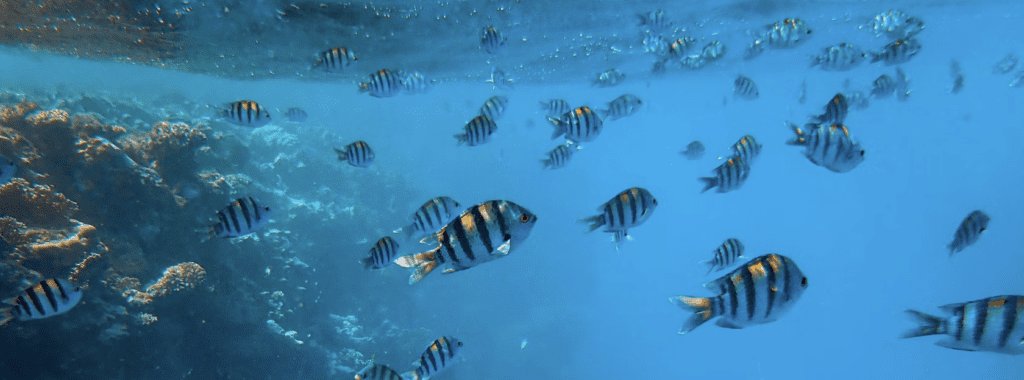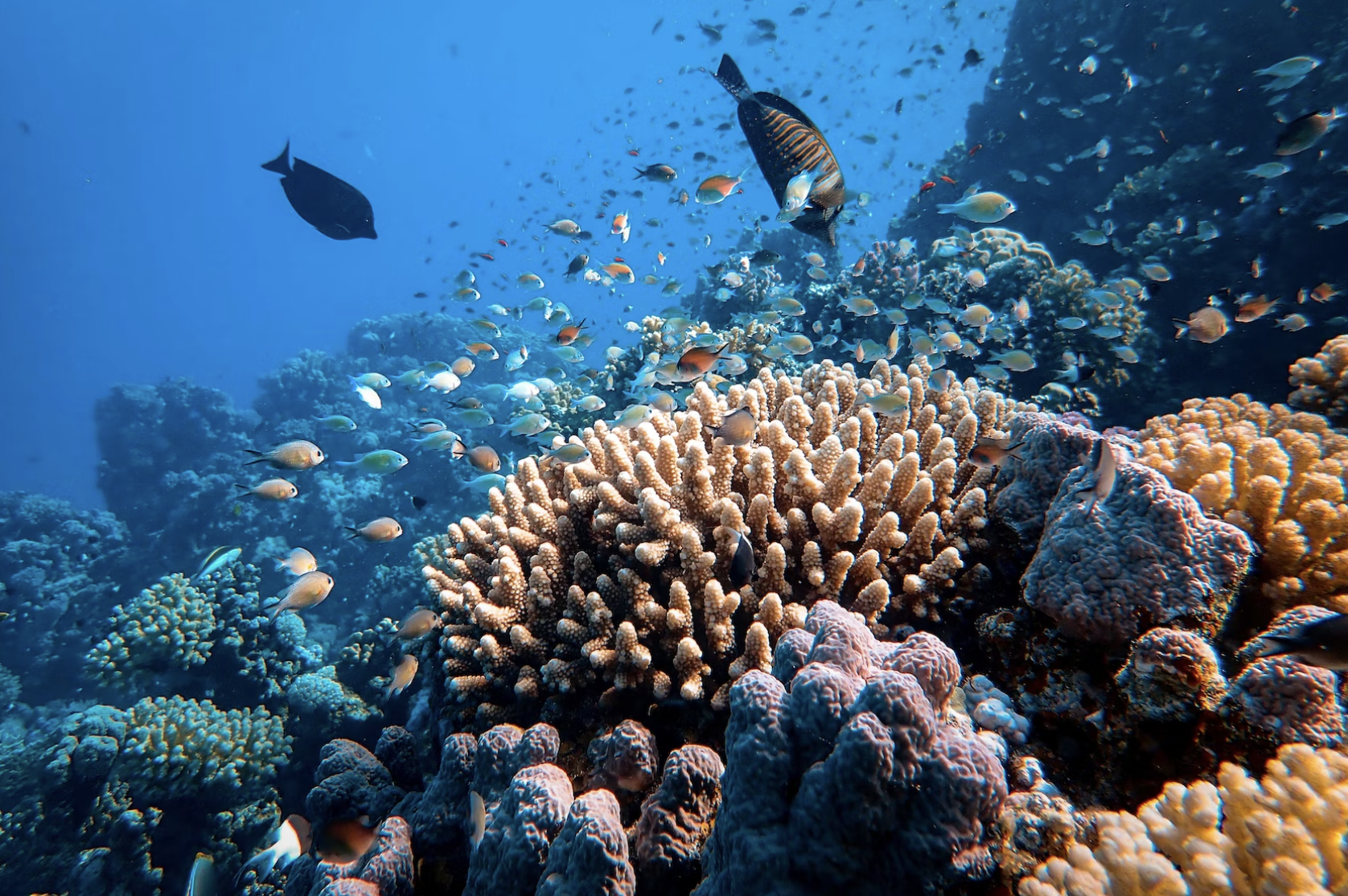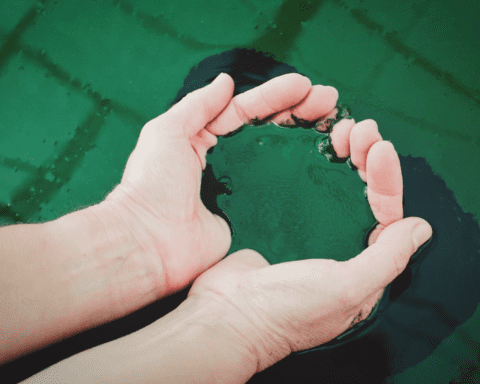The world’s oceans are an essential part of our planet’s ecosystem, providing crucial ecological, economic, social, cultural, scientific, and food-security benefits to humanity. However, they are under mounting pressure from pollution, overexploitation, climate change, and decreasing biodiversity. This is why the European Union supports the landmark Treaty of the High Seas to protect the ocean, tackle environmental degradation, fight climate change, and prevent biodiversity loss.
The new treaty, also known as ‘Biodiversity Beyond National Jurisdiction,’ was agreed at the 5th Intergovernmental Conference in New York after over a decade of global engagement to find solutions for this crucial global environmental issue. For the first time, the treaty will require assessing the impact of economic activities on high seas biodiversity, and developing countries will be supported in their participation and implementation of the new treaty. The treaty will also allow for the establishment of large-scale marine protected areas on the high seas to meet the global commitment of the Kunming-Montreal Global Biodiversity Agreement concluded last December to protect at least 30% of the ocean by 2030.

The EU and its Member States have been leading aCoalition which played a key role in reaching the agreement. The coalition gathers 52 countries that are committed, at the highest political level, to achieve ambitious actions for the protection of the ocean. The formal adoption of the treaty will take place once legal scrubbing in UN languages is complete.
The high seas provide invaluable ecological, economic and social benefits to humanity and are in urgent need of protection. Areas beyond national jurisdiction cover nearly two-thirds of the world’s ocean, comprising the high seas and the seabed beyond national jurisdiction. This Implementing Agreement is the third of its kind following specific agreements on seabed mining in 1994 and the management of straddling and highly migratory fish stocks in 1995. The new agreement would bring the global society up to speed with the developments and challenges that have occurred since the previous treaty was developed thirty years ago.
Once the Agreement is ratified by 60 states, it will enter into force. The EU has pledged €40 million as part of a Global Ocean Programme to help developing countries prepare for the implementation of the new treaty, and other members of the High Ambition Coalition have been invited to do the same within their capabilities. This is an important step towards achieving sustainable management and conservation of our oceans and biodiversity.




